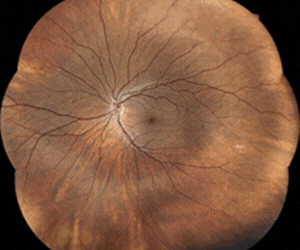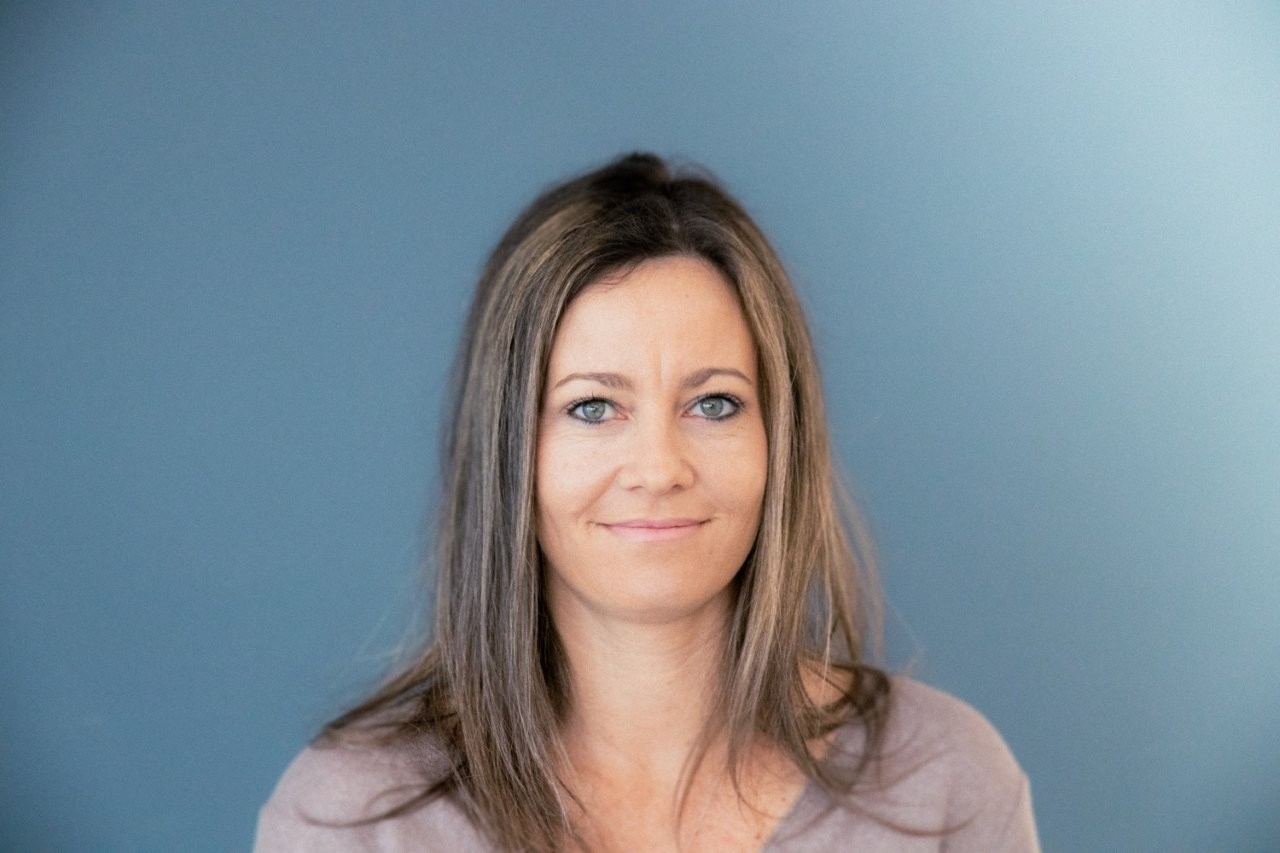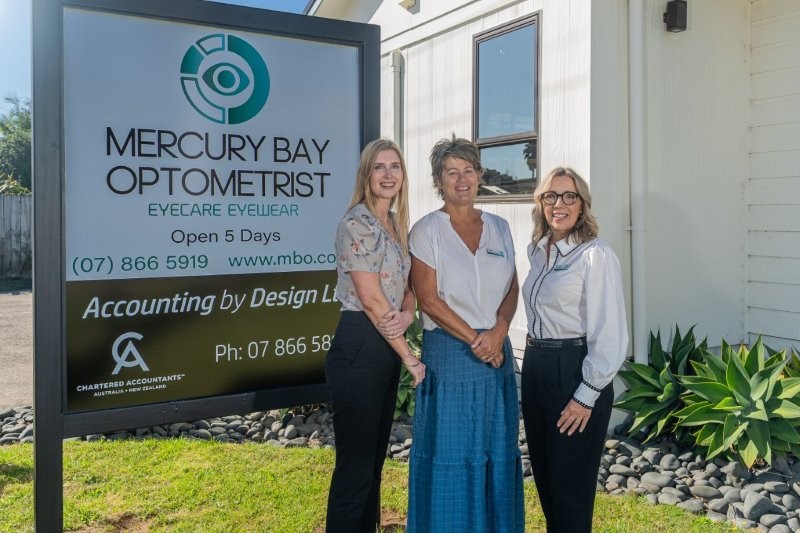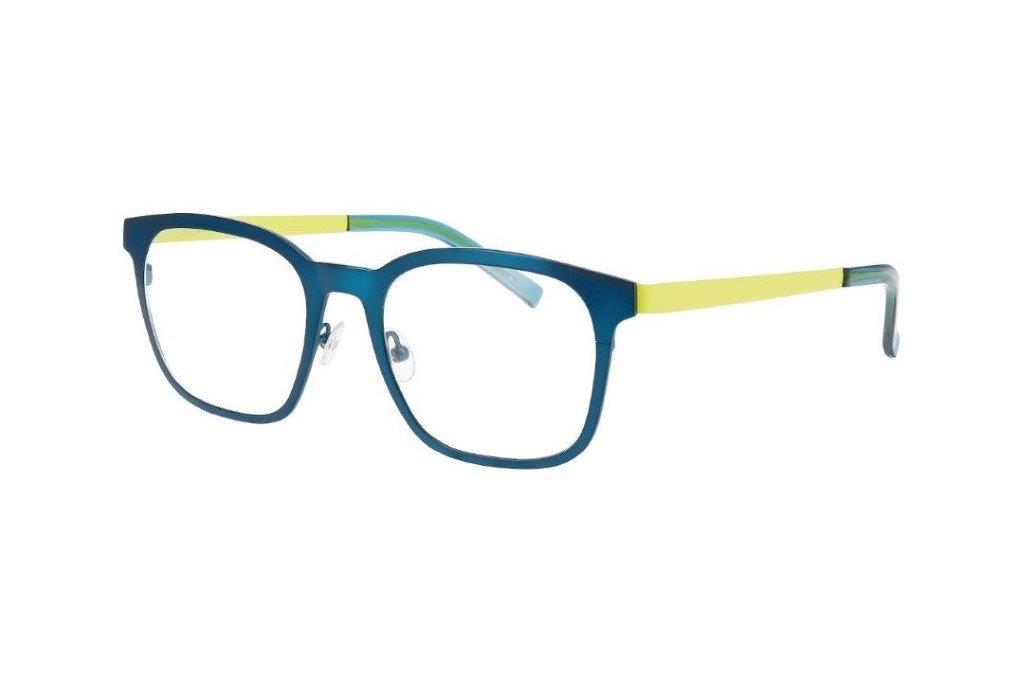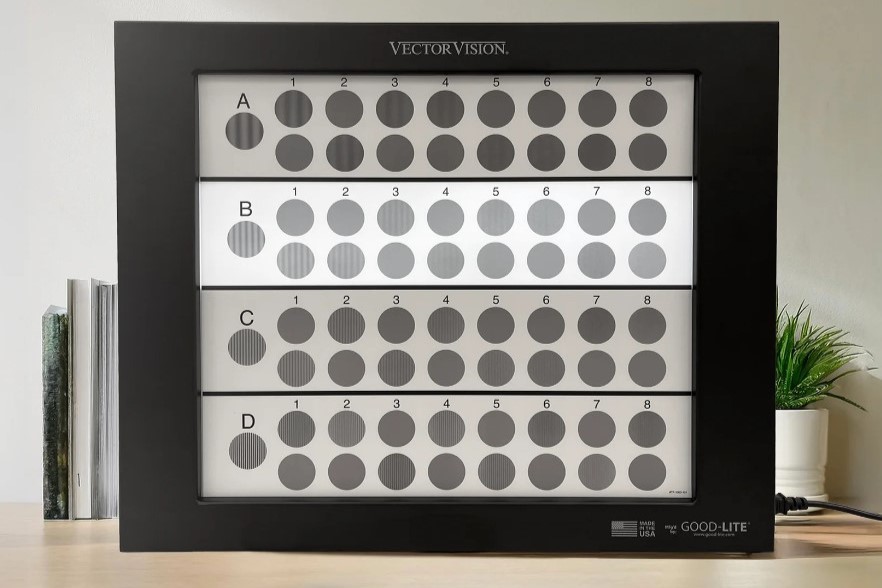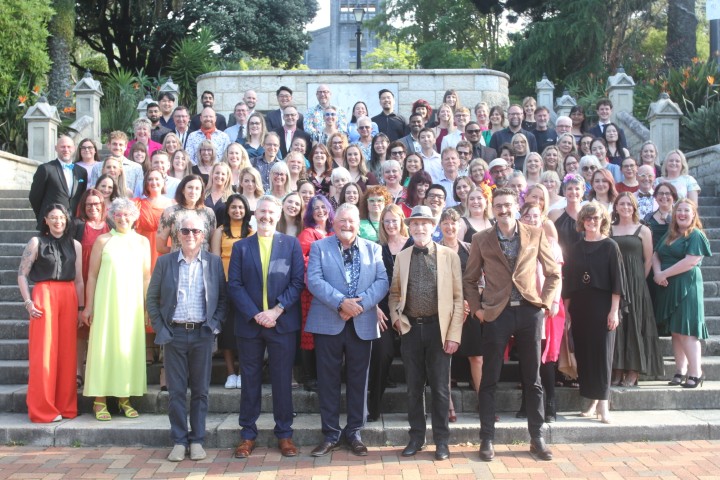ACO’s Advanced CL certificate returns
The Australian College of Optometry’s (ACO’s) Certificate in Advanced Contact lenses (ACO-CACL) 2020 course is open for registrations and will start on 29 June.
The contact lens certificate is one of ACO’s most popular courses, particularly as this area offers a lot of scope for an optometrist to differentiate their practice, said Dr Michelle Waugh, ACO’s head of education. “Patients in need of less straight-forward contact lens needs are often among the most loyal of clients. However, interpreting complex topographic reports and learning how to work out the calculations behind complex fittings can be an intimidating proposition, especially coming off a relatively unexperienced base.”
Dr Adrian Bruce, ACO’s lead optometrist in contact lenses, was instrumental in developing the course. He was particularly keen to ensure the course had direct relevance to the working clinician, so that the skills learned could be directly applicable to everyday practice as well as specialty practice, said Dr Waugh. “The ACO partnered with some of the best clinicians in the field to accomplish this.”
New Zealand-based optometrist Peter Grimmer successfully completed the certificate in 2019 and said it met with his expectations. “It was academically rigorous enough, nicely paced and, more importantly, changed the way I practise in clinic. I really enjoyed my clinical placements, especially at the ACO, and was happy to see I could still cut it when writing up a case report!”
According to ACO’s CACL 2019 experience survey, the course achieved a 100% rating for whether participants would recommend it to a friend and 100% for whether expectations were met or exceeded.
“The team at the ACO are always happy to cater to all our candidates individually to ensure that they get the most out of their experience with us. We are constantly trying to find ways to improve our programme,” said Dr Waugh.
The Certificate in Advanced Contact Lenses is part of a growing base of online certificates where optometrists throughout Australasia have gained certification in various components of optometry, including paediatrics, glaucoma, contact lenses and public health and leadership in eye care, she said. “The interest that has been generated in our certification via online learning is certainly exciting. The ACO has a long and proud history of offering best practice clinical education to optometrists, therefore keeping up with the best in educational design and practice is key.”
The ACO-CACL course commences on 29 July and registrations can be submitted right up to the starting date. The course runs over six months and post nominals are gained upon completion. Further information is available at www.aco.org.au/education






